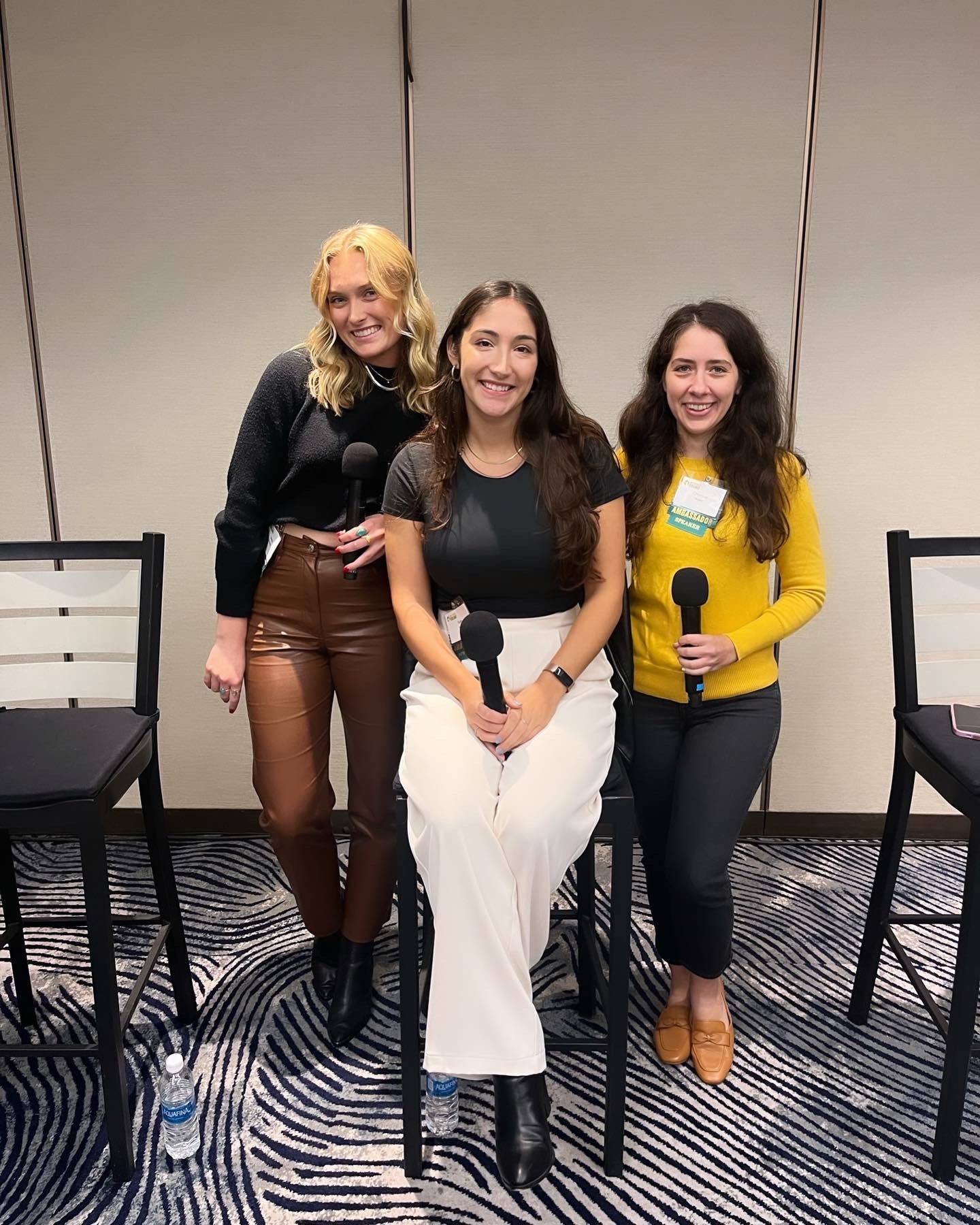8 Reasons Why I'm Grateful I Have Celiac Disease
A diagnosis doesn't have to be all doom and gloom.
If you follow any celiac support groups online, you’ll quickly notice that the overwhelming sentiment from members is how horrible life is with celiac disease. Maybe you even feel that way yourself.
It’s certainly true that there are things that are more challenging with celiac disease—I have to do a lot of extra planning ahead of traveling, for example, and I sometimes miss out on social gatherings that are centered around food I can’t eat.
But when I really stop to think about things, I realize that I’m actually pretty grateful for my celiac diagnosis. I know, that might sound shocking: How could I be happy to have a lifelong autoimmune disorder that doesn’t currently have a cure or any treatments available other than sticking to a pretty strict gluten-free eating plan?
With Celiac Awareness Month in full swing, I wanted to share all of the reasons why I’m grateful I was diagnosed with celiac disease. If you’ve been struggling to view your (or a family member’s) celiac diagnosis in a positive light, I hope the following takeaways can help change your mindset. (Bonus: Research shows gratitude is good for your mental health and can help alleviate stress and anxiety.)

Why I’m grateful for my celiac diagnosis
1. I finally know what was causing my stomach pain
I spent all of my 20s dealing with symptoms like acid reflux, bloating, and constipation. When I finally found out I had celiac disease in my early 30s, I was so relieved to have an answer and a plan for how to alleviate my discomfort. Although it can be annoying to be so careful about eating gluten-free, this nuisance is well worth it to avoid stomach pain.
2. I feel better physically and mentally
Soon after I got my celiac diagnosis and cut gluten out of my life, my stomach pain went away. I also noticed I had more energy (which makes sense because fatigue is a symptom of celiac disease) and less anxiety because I was no longer stressed over why my stomach was bothering me all the time. I feel better now, at 35, than I did in my 20s.
3. I’ve lowered my risk of other health conditions
People with undiagnosed celiac disease are at higher risk of developing other autoimmune conditions, osteoporosis, infertility, and even cancer. Being diagnosed with celiac disease—and adhering to a strict gluten-free lifestyle—has helped to lower my risk of these other diseases.
While I know I can’t control everything when it comes to my health, it’s powerful to be armed with the knowledge I now have and to be doing what I can to minimize my chances of developing other diseases in the future.
4. I’m able to help family members get a diagnosis
Celiac disease is a genetic autoimmune disorder, which means it runs in families. While I haven’t been able to convince all of my immediate relatives to get tested to see if they have it (which is what doctors recommend), I recently helped a close family member get a diagnosis after I found out she was experiencing a bunch of symptoms. She was able to get her doctor to take her more seriously when she said she had a first-degree relative with celiac disease.

5. I have a built-in support network
The celiac community is incredibly welcoming. I’ve made many supportive friends through my volunteer work with Beyond Celiac, attending IRL celiac meetups, writing this newsletter, and even just by DMing celiac content creators on Instagram. These are friends I can go to for advice and vent to if I’m dealing with a celiac-related issue.
6. I get to try all sorts of delicious new-to-me food
Going gluten-free has forced me out of my dining comfort zone, which has resulted in me getting to try all sorts of cuisines and restaurants I probably never would’ve otherwise. In fact, I’ve had so much fun exploring gluten-free eats around the world, from Haitian food in Portland to Thai food in Paris to Venezuelan food in New York City.
7. I’ve leveled up my cooking skills
Before I was diagnosed with celiac disease, I could cook basic things, like grilled chicken and pasta with jarred sauce, but I rarely pushed myself to try new things in the kitchen—and I often ordered takeout multiple times a week.
Post-diagnosis, though, I’ve stepped up my game and have whipped up everything from spicy rigatoni with vodka sauce to marry me chicken to Jennifer Aniston’s famous salad recipe (with gluten-free swaps for any gluten-containing ingredients).
8. I’m able to use my platform to raise awareness and educate others
As a health writer and editor, my goal throughout my career has always been to provide readers with the information they need to make educated choices about their health.
Since my celiac diagnosis, I’ve used my platform as a health writer to raise awareness about celiac disease and share helpful information for people navigating life with this condition.
Check out some articles I’ve written over the past four years:
By sharing my story and creating content about celiac disease, I hope I can educate the public about how serious this condition is. And more importantly, I hope I can help other people with celiac disease manage the condition more easily.
If you or a loved one has celiac disease or a related condition, let me know what you’re thankful for in the comments!



Christina- Thanks for sharing these. I always love hearing about those who have gone through a lot--and look at hardship as a chance to make a choice and take ownership of counting their blessings. I hope you're doing well, feeling strong, stomachache-free, and energized this week. :)
Christina, thank you for such an uplifting post! My own diagnosis improved my quality of life beyond measure, and it's something I'm deeply grateful for!